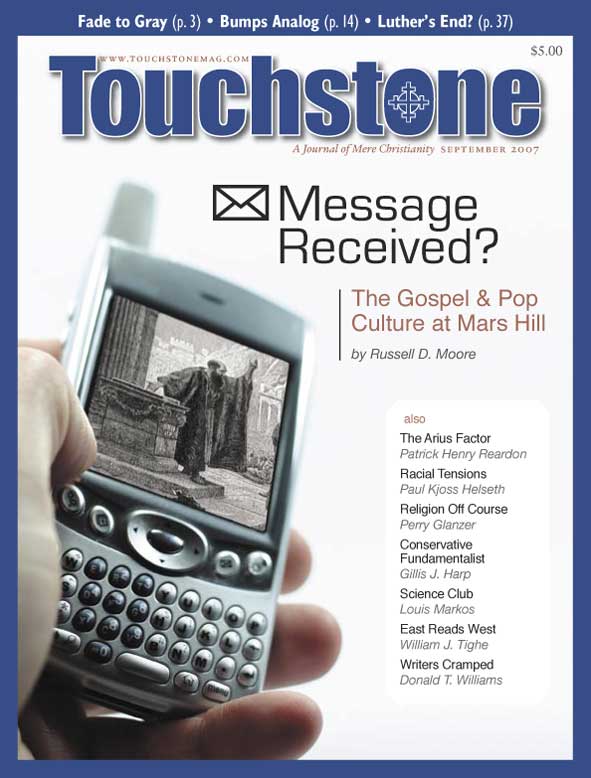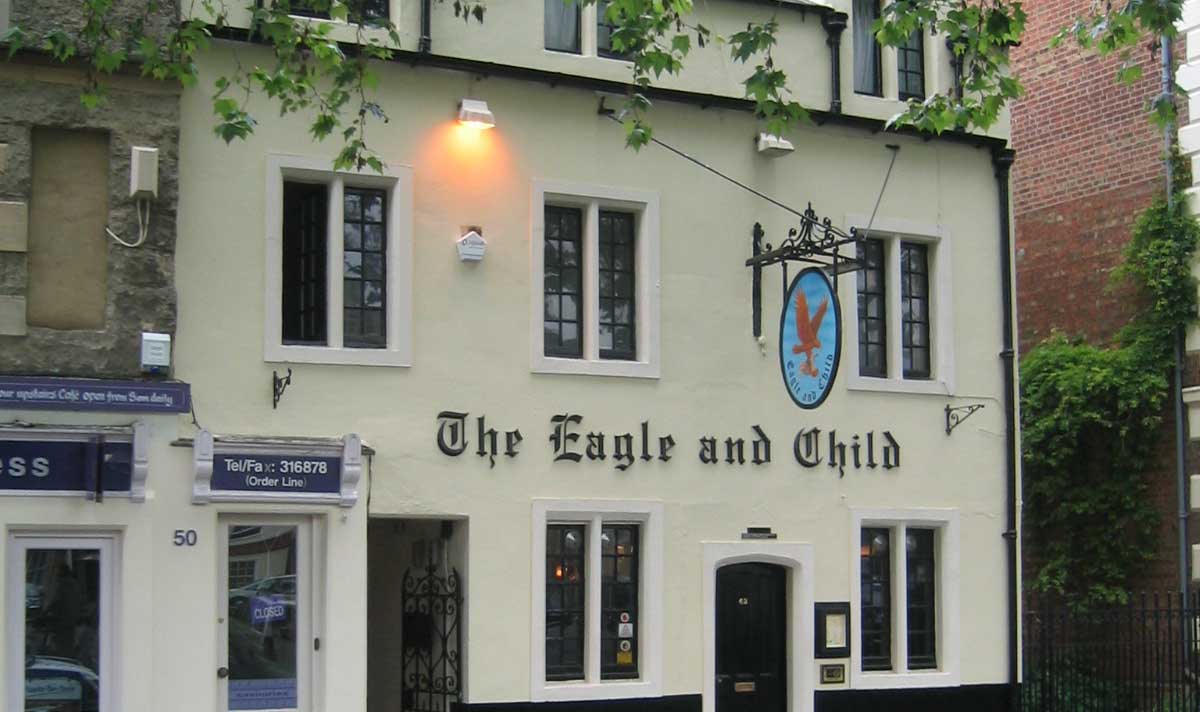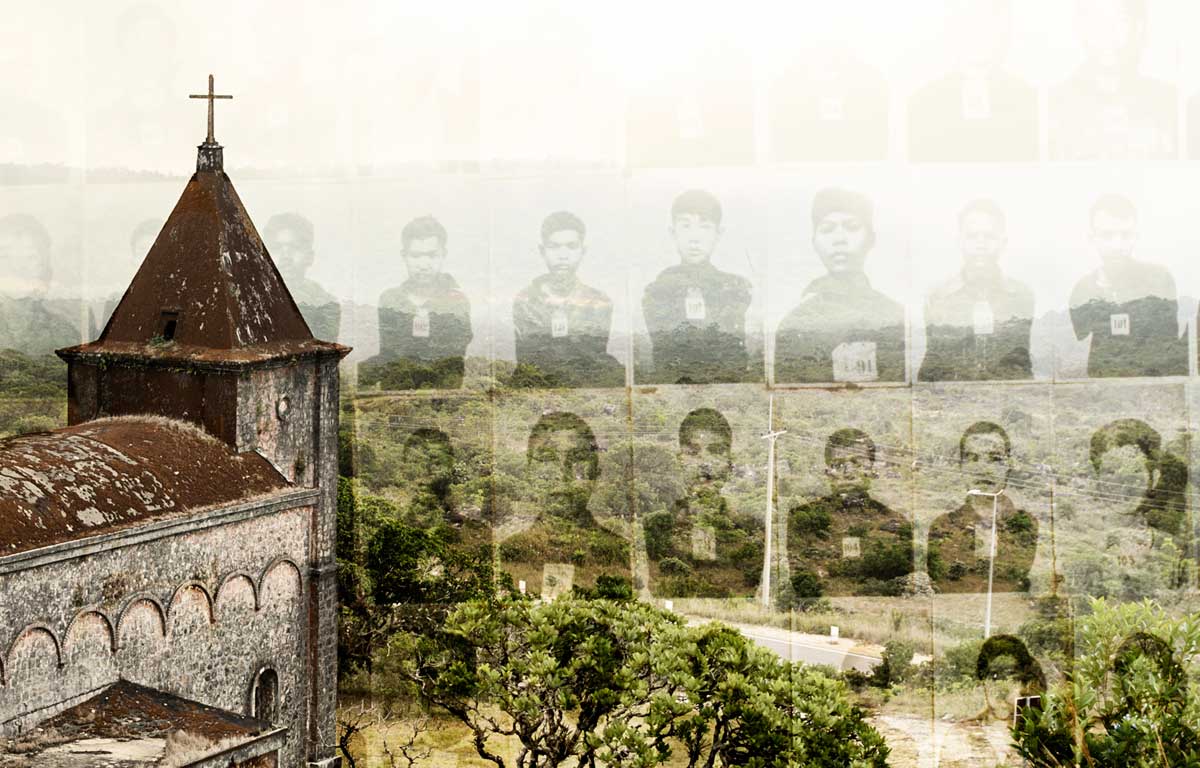Dead Men Russian
House Of Meetings
by Martin Amis
Knopf, 2007
(256 pages, $23.00, hardcover)
reviewed by Franklin Freeman
A novelist has to take a reading of the world,” Martin Amis has said, “and that is what happens in all the novels that interest me. Just what is going on here? It sounds banal, but it’s an absolutely vital question for the novelist. It’s the highest investigation. . . . Style is not neutral, it gives moral directions.”
What does Amis investigate, then, in his latest novel, House of Meetings? The first line of the book tells us. In a letter to his stepdaughter, the narrator, whose name we never learn, writes, “DearVenus, If what they say is true, and my country [Russia] is dying, then I think I may be able to tell them why. You see, kid, the conscience is a vital organ, and not an extra like the tonsils or the adenoids.”
He has suppressed his conscience (in order, ironically enough, to survive the gulag), but nevertheless, in the tradition of Conrad’s Lord Jim and Under Western Eyes, is returning home to redeem himself from a shameful act. The book he is writing for his stepdaughter is an attempt for at least an artistic redemption.
The Russian Cross
This attempt begins on September 1, 2004, on a ship moving downriver to the Arctic Circle, where the narrator will find the ruins of Norlag, the prison in which he and his younger half-brother, Lev, lived for years. He carries a letter, unopened for twenty-two years, which Lev bequeathed to him at his death. The reader won’t know why he has not opened it until the end of the novel.
The novel, then, is the story of these two brothers, but it also tells the story of their homeland, Russia: “When you look into . . . the Russian case,” writes the narrator,
you feel the stirrings of a massive force, a force not only blind, but altogether insentient, like an earthquake or a tidal wave. Nothing like this has ever happened before.
There it is in front of me on the screen of my computer, the graph with its two crinkly lines intersecting, one pink, one blue. The birth rate, the death rate. They call it the Russian cross.
This cross can be seen as the basic architecture of the novel: Just as the population declines and the death rate rises, so too does the narrator’s conscience shrivel and Lev’s flower, but, on the other hand, Lev’s fortunes decline while the narrator’s life, outwardly, steadily improves.
Franklin Freeman is a freelance writer living in Saco, Maine, with his wife and four children.
subscription options
Order
Print/Online Subscription

Get six issues (one year) of Touchstone PLUS full online access including pdf downloads for only $39.95. That's only $3.34 per month!
Order
Online Only
Subscription

Get a one-year full-access subscription to the Touchstone online archives for only $19.95. That's only $1.66 per month!
bulk subscriptions
Order Touchstone subscriptions in bulk and save $10 per sub! Each subscription includes 6 issues of Touchstone plus full online access to touchstonemag.com—including archives, videos, and pdf downloads of recent issues for only $29.95 each! Great for churches or study groups.
Transactions will be processed on a secure server.
more from the online archives
calling all readers
Please Donate
"There are magazines worth reading but few worth saving . . . Touchstone is just such a magazine."
—Alice von Hildebrand
"Here we do not concede one square millimeter of territory to falsehood, folly, contemporary sentimentality, or fashion. We speak the truth, and let God be our judge. . . . Touchstone is the one committedly Christian conservative journal."
—Anthony Esolen, Touchstone senior editor









